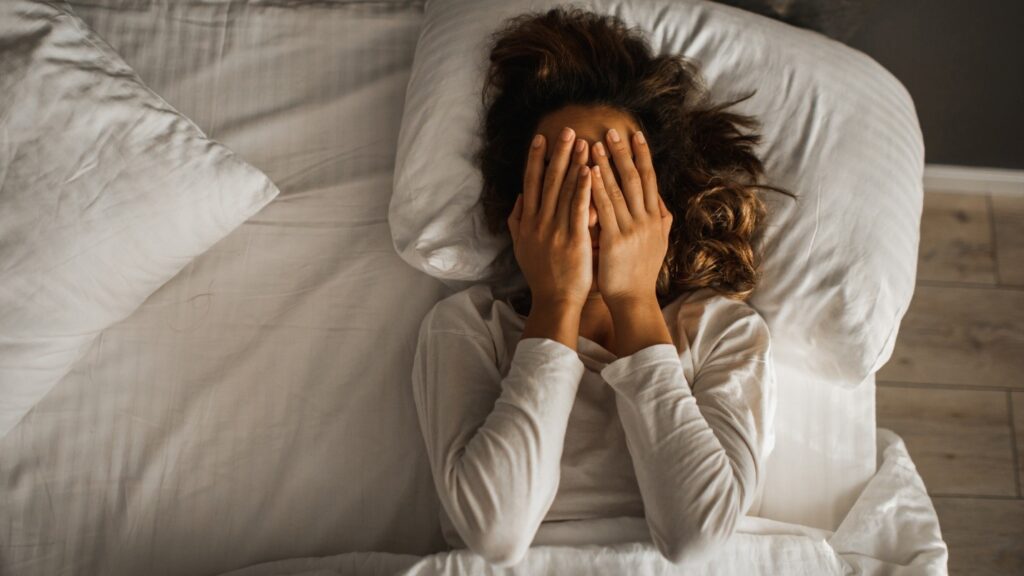
Sleep is a fundamental aspect of human life, yet it’s often shrouded in myths and misconceptions. In our fast-paced world, where sleep is frequently sacrificed for productivity, it’s crucial to separate fact from fiction regarding our nightly slumber. Leading doctors and sleep experts have tirelessly worked to unravel sleep mysteries and debunk common misconceptions. This article delves into the eighth myth: the belief that hitting the snooze button grants us extra rest. We will explore why this notion falls flat in the face of scientific understanding and how it can impact our daily lives. By dispelling this myth, we can better understand the importance of quality sleep and the habits that contribute to it.
Myth 1: You can catch up on missed sleep over the weekend.
One of the most prevalent misconceptions about sleep is the belief that you can compensate for a week of insufficient rest by sleeping on weekends. However, leading doctors unanimously assert that this notion is flawed. While additional weekend sleep can help temporarily alleviate fatigue, it doesn’t fully rectify the detrimental effects of chronic sleep deprivation. The body operates on a circadian rhythm, and consistent, adequate sleep is essential for overall health.
Attempting to “catch up” on sleep can disrupt your sleep schedule, making it harder to fall asleep on subsequent nights and perpetuating a sleep debt cycle. Rather than relying on weekend recovery, establishing a consistent sleep routine is far more advisable, prioritizing the recommended 7-9 hours of sleep each night to optimize physical, mental, and emotional well-being.
Myth 2: Snoring is harmless
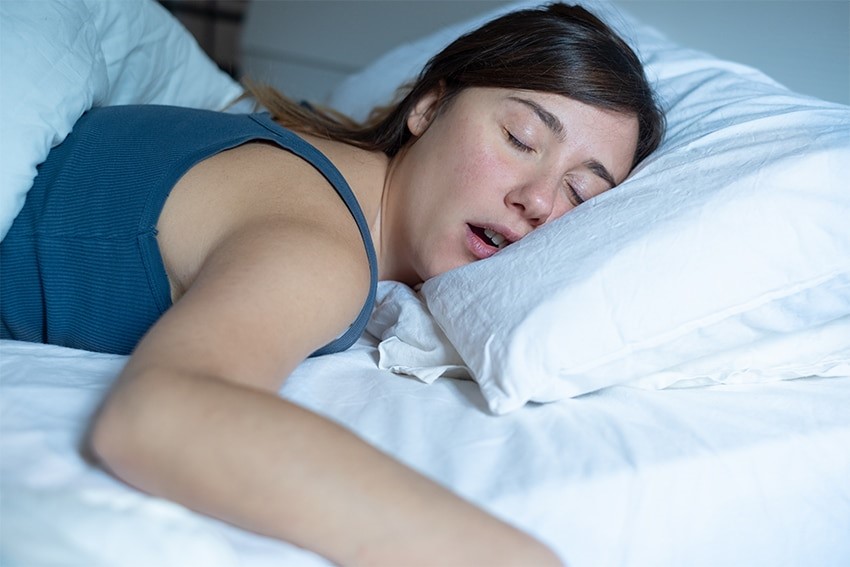
Snoring is commonly regarded as a minor inconvenience, yet it may serve as a warning sign for a potentially severe condition called sleep apnea. Sleep apnea is defined by interrupted breathing episodes during sleep, resulting in oxygen deprivation and frequent awakenings. Neglecting to address sleep apnea can progressively heighten the likelihood of heart disease, hypertension, stroke, and a range of other health concerns. Although not all individuals who snore suffer from sleep apnea, persistent, loud snoring, particularly when coupled with daytime exhaustion, should not be underestimated. Seeking guidance from a healthcare expert is imperative if you or a family member experiences regular snoring. This is essential to rule out potential underlying sleep disorders and implement measures to safeguard your overall well-being.
Myth 3: There is no need to get a good mattress
Leading doctors and sleep experts emphasize the importance of a good mattress for restorative sleep. While a which Sealy to choose based on budget is subjective and depends on individual preferences, a supportive and comfortable mattress is pivotal in promoting proper spinal alignment and reducing pressure points, which is essential for a restful night’s sleep.
A poor-quality mattress can lead to discomfort, tossing and turning, and even exacerbate conditions like back pain. Investing in a suitable mattress that suits your sleep style and body type is an investment in your long-term well-being. It is recommended to conduct thorough research and try out different mattresses to discover the one that offers the essential support and comfort needed for a restful night’s sleep. This choice can significantly influence your overall health and daily productivity in a positive way.
Myth 4: Alcohol helps you sleep better.
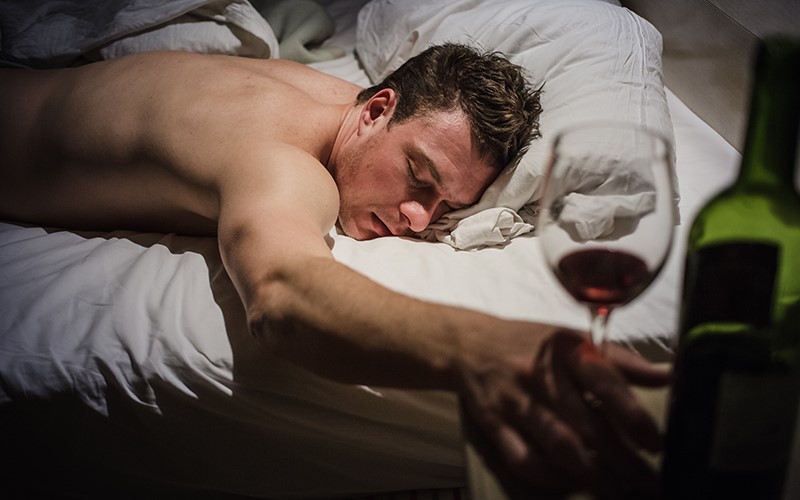
Contrary to popular belief, alcohol is not a reliable sleep aid. While it may initially make you feel drowsy and help you fall asleep faster, it disrupts the overall quality of your sleep. Alcohol interferes with the natural sleep cycle, preventing you from entering the deeper, more restorative stages of sleep. As the body metabolizes alcohol during the night, it can lead to frequent awakenings, vivid dreams, and a disrupted sleep pattern.
Additionally, alcohol can worsen conditions like snoring and sleep apnea, which further compromise the quality of your rest. Leading doctors emphasize that using alcohol as a sleep aid can create a dependency and contribute to long-term sleep problems and overall health issues. It’s advisable to seek healthier sleep solutions, such as good sleep hygiene and relaxation techniques, to ensure a truly restful night’s sleep.
Myth 5: Watching TV or using screens before bed helps you relax
Reading their favorite TV show or scrolling through their phone before bedtime is a relaxing way to prepare for sleep. However, leading doctors emphasize that this practice can hinder relaxation and disrupt sleep.
The blue light emanating from screens disrupts the production of melatonin, the hormone responsible for regulating our sleep-wake cycles. This interference can lead to difficulties in falling asleep and a decrease in the overall quality of one’s sleep.
To counteract this effect, experts advise shutting off screens at least an hour before bedtime to encourage relaxation. Instead, opt for calming activities such as reading a book, engaging in relaxation techniques like deep breathing, or enjoying a warm bath as part of your pre-sleep routine. This practice can help improve your sleep patterns and promote a more restful night’s sleep. By making these changes, you can create a more conducive environment for restful sleep and improve overall sleep quality.
Myth 6: You can’t exercise close to bedtime.
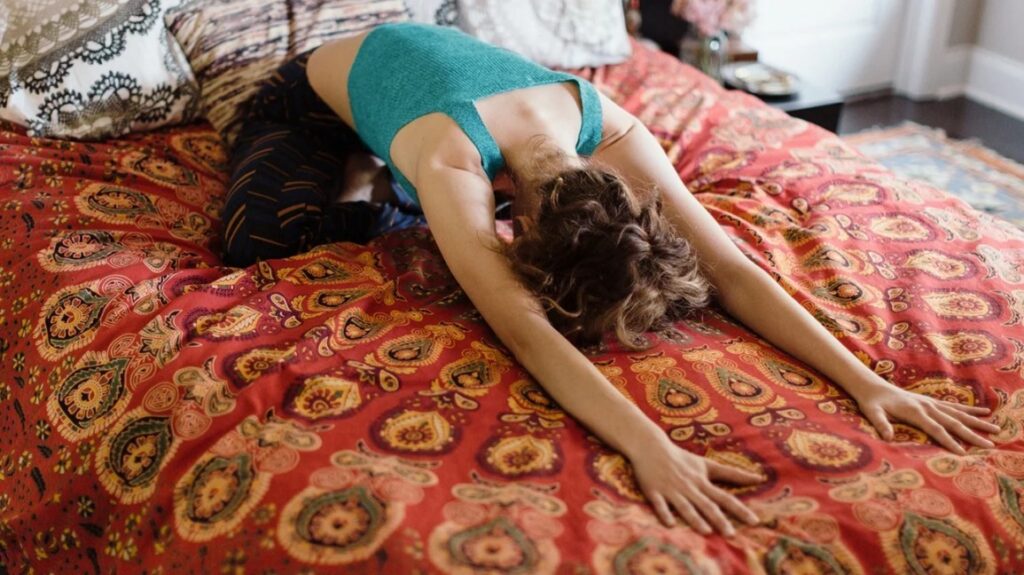
While vigorous, high-intensity workouts shortly before bedtime may lead to increased alertness and difficulty falling asleep, moderate exercise in the early evening can promote better sleep. Regular physical activity can help regulate the sleep-wake cycle, reduce anxiety and stress, and improve overall sleep quality.
Leading doctors recommend that individuals tailor their exercise routines to their bodies and schedules. For some, a late-night workout may not negatively impact sleep, while for others, it’s best to finish exercising a few hours before bedtime. The key is to find what works for you and prioritize consistency in your exercise routine, as it can be a valuable tool for achieving restful, restorative sleep.
Myth 7: You can’t have caffeine after noon.
The idea that caffeine should be completely avoided in the afternoon is a widespread misunderstanding. Although caffeine is a stimulant that can potentially disrupt sleep, the crucial factors are moderation and timing. For numerous individuals, indulging in an afternoon cup of coffee or tea doesn’t necessarily disturb their sleep routines, particularly if they have a higher tolerance for caffeine.
The crucial factor is understanding your body’s sensitivity to caffeine. Some individuals are more affected by caffeine’s stimulating effects than others. Limiting caffeine intake in the hours leading up to bedtime is advisable, as it can take several hours for caffeine to clear your system. However, a moderate afternoon pick-me-up may be entirely acceptable for many people, and it can even enhance alertness and productivity without negatively impacting sleep. Finding the right balance for your unique physiology and sleep needs is vital.
Myth 8: Hitting the snooze button gives you more rest.
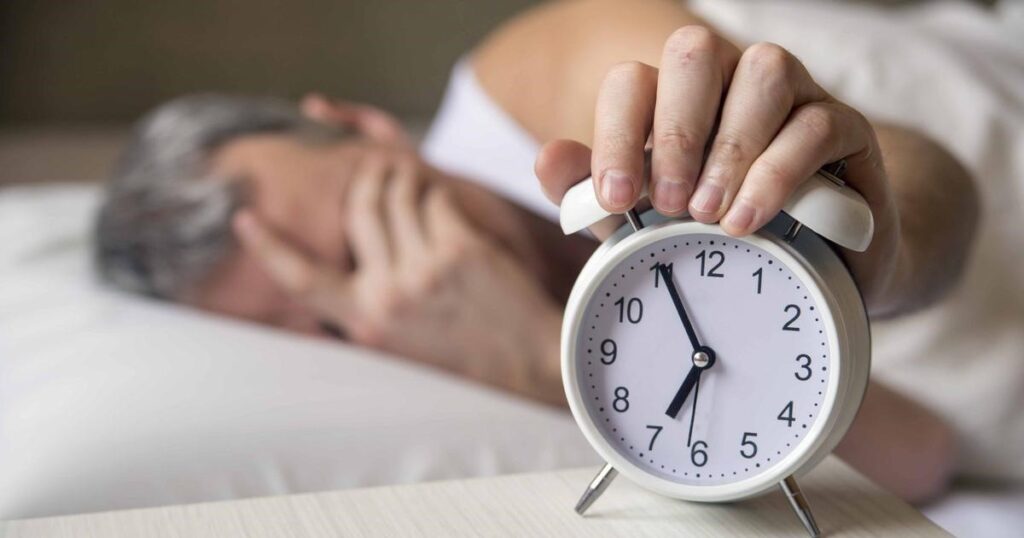
This common misconception about sleep, often perpetuated by the allure of those extra minutes of shut-eye, is debunked by leading doctors. Hitting the snooze button may feel like a brief reprieve, but it doesn’t provide the restorative rest your body needs. When you hit snooze, you’re likely to enter a new sleep cycle, which is usually too short to offer any real benefits.
Snooze-button reliance can lead to fragmented and disrupted sleep, making you feel groggier upon waking. The repeated interruptions to your sleep can leave you feeling more tired throughout the day rather than refreshed. It’s better to set your alarm when you genuinely need to wake up and aim for a consistent sleep schedule. This will allow your body to complete full sleep cycles, promoting better rest and wakefulness.
Conclusion:
In sleep, misinformation can have profound consequences on our well-being. Debunking the myth that hitting the snooze button provides more rest is a critical step toward healthier sleep habits. Leading doctors emphasize the importance of a consistent sleep schedule and avoiding fragmented sleep to promote better overall rest and wakefulness. By heeding their advice and dispelling these common misconceptions, we can embark on a journey toward improved sleep quality, enhanced daily performance, and, ultimately, better health.